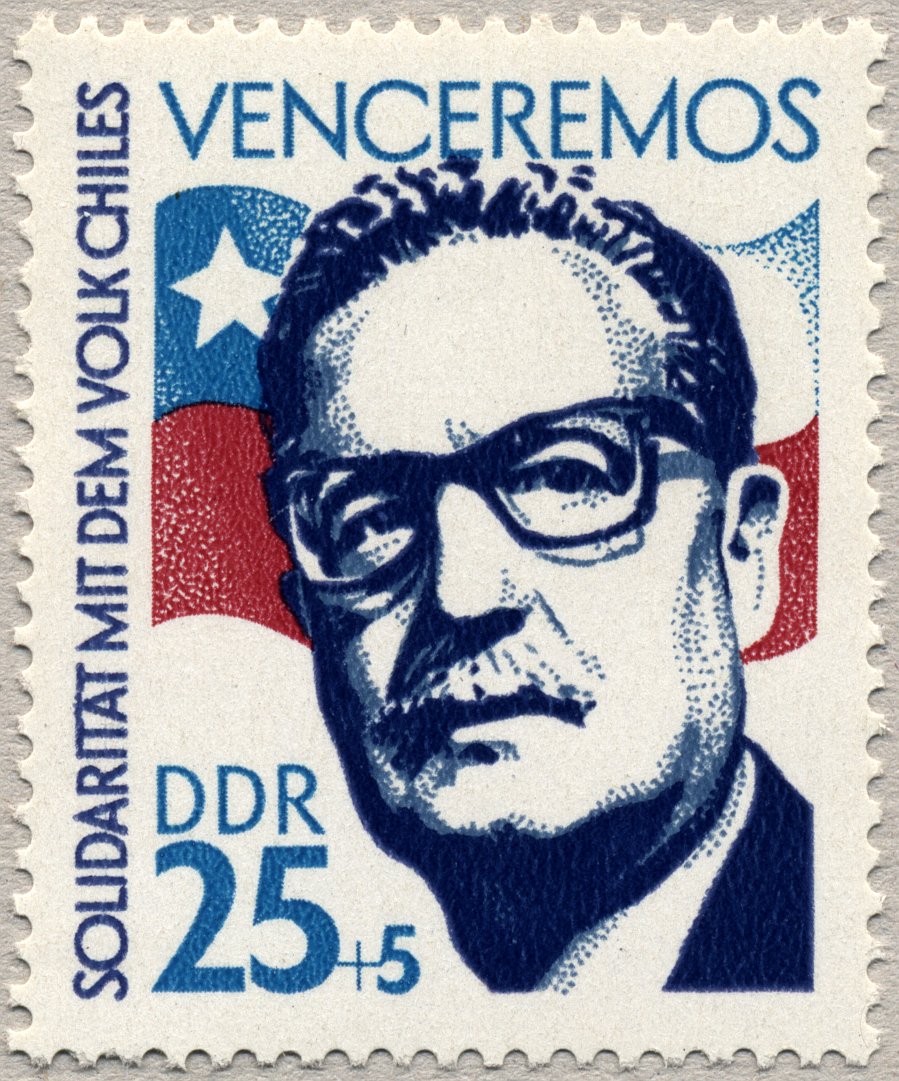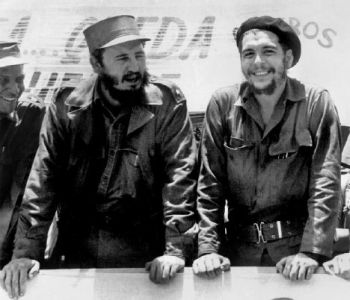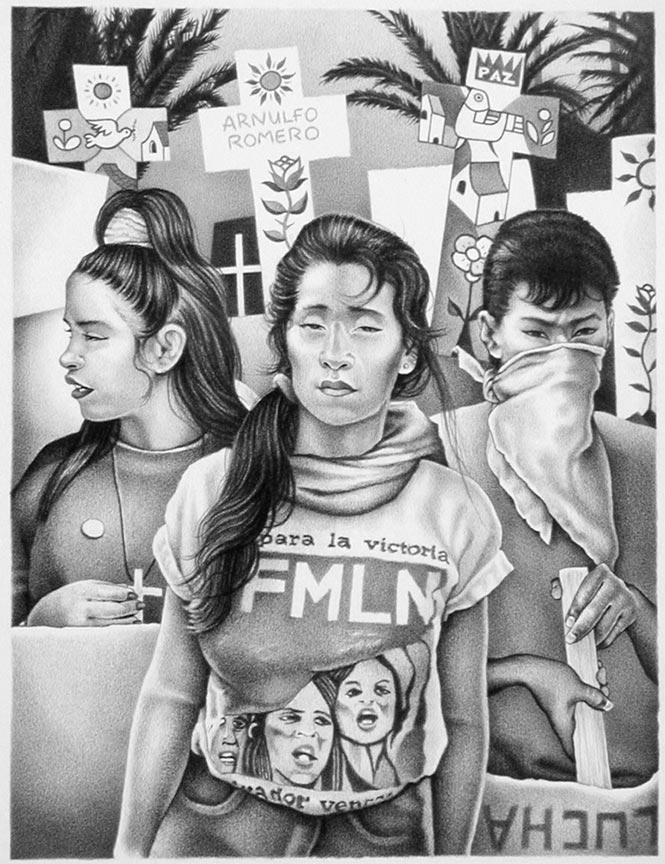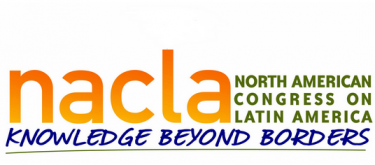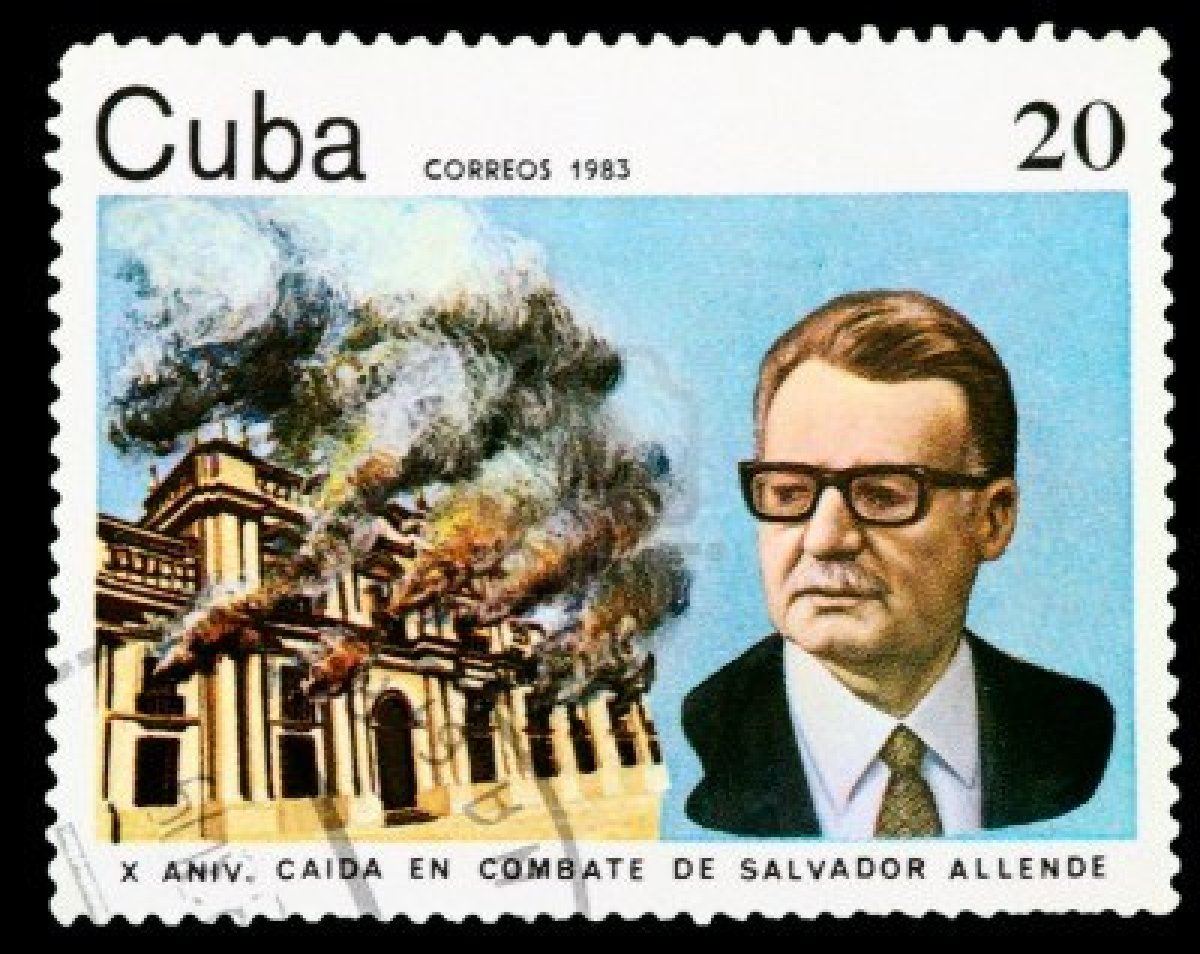Latin America
This collection contains materials from Central and South America and the Caribbean. Primary topics include Cuba and the Cuban Revolution, the Sandanista revolution in Nicaragua, the Nicaragua-Contra War, the Chilean struggle for independence and US imperialism.
Subcollections
-
Chile
This collection focuses primarily on the advent of the elected socialist Presidency of Salvador Allende in Chile, the 1973 fascist coup against Allende, engineered by the CIA and led by General Augusto Pinochet, and the subsequent repression of the left. -
Cuba
This collection primarily contains recordings focusing on various aspects of life in Cuba after their Communist Revolution. -
El Salvador
This collection contains materials related to the liberation struggle in El Salvador. -
Guatemala
This collection contains materials detailing the revolutionary struggles in Guatemala, the role of Guatemalan women during the revolution and the United States role in Guatemalan politics. -
NACLA
North American Congress on Latin America (NACLA) is an independent non-profit organization founded in 1966 to research the political economy of the Americas and US policy towards the region. -
Nicaragua
These materials focus primarily on the Sandanistas and their struggle for national liberation. -
Struggles in Latin America
This collection contains materials from throughout Latin America. Detailed interviews, poems and accounts from the 1973 revolution in Chile, the Sandinista Contra conflict in Nicaragua, and from revolutionary forces El Salvador are all included.
Documents
8 Documents Found
Colonel Jaime Guzman of the El Salvadorian army, in an interview held at the School of the Americas, explains the women’s involvement in the military as social workers and their impact on society, the fight against the guerillas, the effect of Nicaragua’s change of government on El Salvador, and why Central Americans train at the School of the Americas.
Pinochet addresses a group of people in Spanish about the liberty of the press in Chile as well as the difference in the conditions of the country from Allende’s time to the, then, present time.
Christian Opaso interviews Joan Turner Jara about her experience in Chile, cultural and political, and about the life of her late husband Victor Jara. Joan speaks about the difference of the Chilean culture before and after the coup. She also gives an account of Victor Jara’s death in the Chilean National Stadium as well as the censorship that his music and memory faced after his death.
Christian Opaso interviews Steve Volk about the deaths of Charles Horman and Frank Teruggi, their current cases trying to bring justice to those who are responsible for their murders. Volk talks about what the case means for Chile and all those affected by the coup as well as the affect that the coup had on him personally. They also discuss why it took so long for Horman’s body to be sent to the United States and the U.S. involvement in the coup.
Date: 10/28/1989Call Number: LA 119AFormat: Cass AProgram: El Salvador in FocusCollection: El Salvador
More allegations arise implicating the El Salvador military and their direct involvement with the Death Squads torturing, executing, and terrorizing the civilian population. Members of the military and the national police have been repeatedly identified as active in the Death Squads. A deserter from the First Infantry Brigade and former Death Squad member testifies that high ranking military officials and U.S. advisors directly support Death Squad activity. Students at the National University are targeted. Sixteen hundred refugees begin a long march home from Honduras. Refugee and repatriation leaders are captured by the El Salvador military on their way to the border and their whereabouts are unknown. In San Jose, Costa Rica, peace talks between the FMLN and the Christiani government end with no resolution.
Publisher: The North American Congress On Latin AmericaYear: 1972Volume Number: Vol.6-3 MarchFormat: PeriodicalCollection: NACLA
A New Stage in the Mexican Struggle: Interview with a Political Exile; Latin American Christians in the Liberation Struggle: Chile, Dominican Republic, Argentina; Miami Company Employing Ex-Marines or Training Members of the Haitian Forces; US Military and Police Assistance Programs.
Publisher: The North American Congress On Latin AmericaYear: 1973Volume Number: Vol. 7-6 July-AugustFormat: PeriodicalCollection: NACLA
The Army Under Seige; Military Assistance Trends; New Publications of Interest
Publisher: The North American Congress On Latin AmericaYear: 1974Volume Number: Vol. 8-4 AprilFormat: PeriodicalCollection: NACLA
Dominican Republic: Military "Democracy"
8 Documents Found

